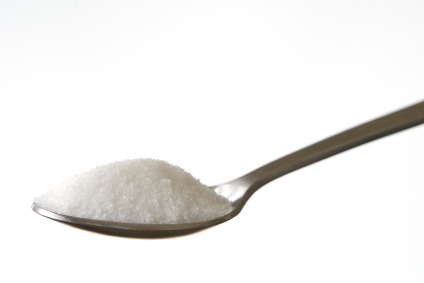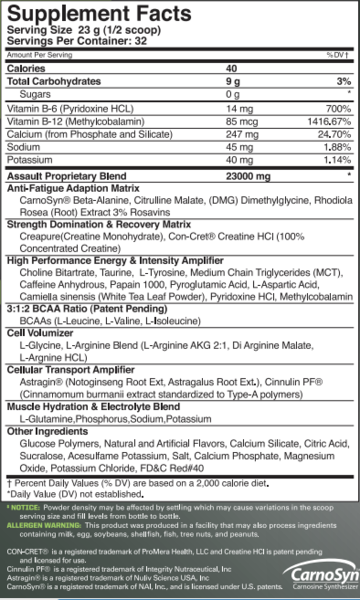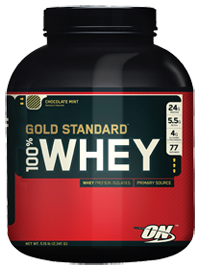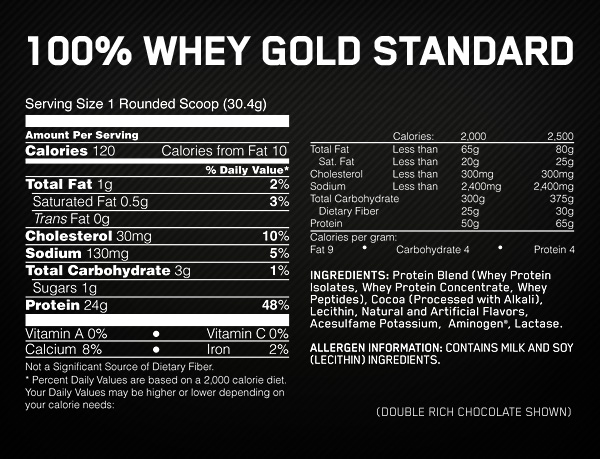The odds are that you have heard of creatine and its association with athletic performance. Creatine is a popular choice for athletes thanks to its effect on lean muscle mass and its energy-boosting properties.
But did you know that creatine also has nootropic properties? The benefits of creatine are myriad: increased memory, reduced fatigue, improved mood, and even reduced brain fog. Let’s take a closer look at the mental benefits you’ll receive from taking creatine supplement.
Memory Benefits of Creatine
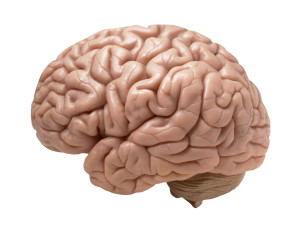
Creatine is known to increase your short-term memory and this increase is one of the most well-documented benefits of the compound. Supporting studies abound: improvements in memory span[1], improvements in working memory[2], and prevention of memory decline [3]. Scientifically, the results are in: creatine is great for improving memory.
So how exactly does a supplement known for its physical benefits do so much for the brain? Creatine primarily works by increasing your synthesis of adenosine triphosphate, or ATP [4]. ATP is a nucleotide that functions as the primary source of energy for cells.
In other words, the more ATP that you’re synthesizing, the more fully and efficiently your cells can transmit information. Think of ATP as the “fuel” for the neurological vehicles taxiing information around your brain. Higher levels of ATP make calling to mind that elusive word or thought that much easier.
Creatine for Fatigue
Creatine’s ability to enhance your production of ATP also ties directly into another one of its main benefits: fatigue reduction. Studies have found that creatine’s abilities to reduce fatigue and boost energy are apparent even at low doses [5]. Since increased ATP boosts cellular performance, creatine is at least partially responsible for this energy boost, but there is more to the picture than that.
After a successful study on creatine’s mental-fatigue-reducing effects, a team of researchers measured an increase of cerebral-oxygenated hemoglobin in the brains of the test subjects. This increase was evidence of increased oxygen use by the brain. In other words, creatine primes your brain for improved performance.
Creatine for Mood

Studies have found that taking a creatine supplement has mood boosting properties both on its own and synergistically with prescription anti-depressants [6]. This synergy too ties into creatine’s boosted production of ATP. Beyond that, creatine has also been shown to reduce some of the side effects of sleep deprivation, such as irritability [7].
Additionally, boosted energy levels means reduced stress making it much easier for your better moods to shine through. While the exact benefits of creatine for mood are not fully understood, what we know so far seems promising.
Creatine for Brain Fog
One of the bottom lines of nootropics is that, one way or another, you are probably going to deal with brain fog. Some people might be looking to alleviate existing brain fog, while for others brain fog may be caused by a nootropic.
Either way, the verdict is clear: having a gummed-up haze hampering your mental performance is no fun. The great news is that here too a creatine supplement will benefit you. Here is the impressive part: even this benefit is tied to creatine’s ATP production, albeit from a slightly different way. Increased ATP improves your brain’s ability to block negative effects by allowing the brain to more quickly deal with any deficiencies. A study found that creatine supplementation improved the subject’s fluid intelligence, or their ability to solve problems and derive meaning from abstract knowledge [8]. Or in other words, directly counteract the effects of brain fog.
Bottom Line: Creatine as a Nootropic
Creatine is a harmless amino acid with many benefits for the keen-eyed nootropic user looking for something to top off their stack. As long as you keep your dosing at safe levels, creatine has tremendous potential for improving your mental performance. Not only that, but thanks to the ways a creatine supplement will benefit your mood and fatigue, creatine is an almost sure-fire way to improve your all-around quality of life.
SOURCES:
- https://www.ncbi.nlm.nih.gov/pubmed/14561278
- https://www.ncbi.nlm.nih.gov/pubmed/21118604
- https://www.ncbi.nlm.nih.gov/pubmed/17828627
- https://www.researchgate.net/publication/44694983_Dietary_supplementation_of_creatine_monohydrate_reduces_the_human_fMRI_BOLD_signal
- https://www.ncbi.nlm.nih.gov/pubmed/11985880
- https://www.ncbi.nlm.nih.gov/pubmed/22864465
- https://www.ncbi.nlm.nih.gov/pubmed/16416332
- https://www.ncbi.nlm.nih.gov/pmc/articles/PMC1691485/

